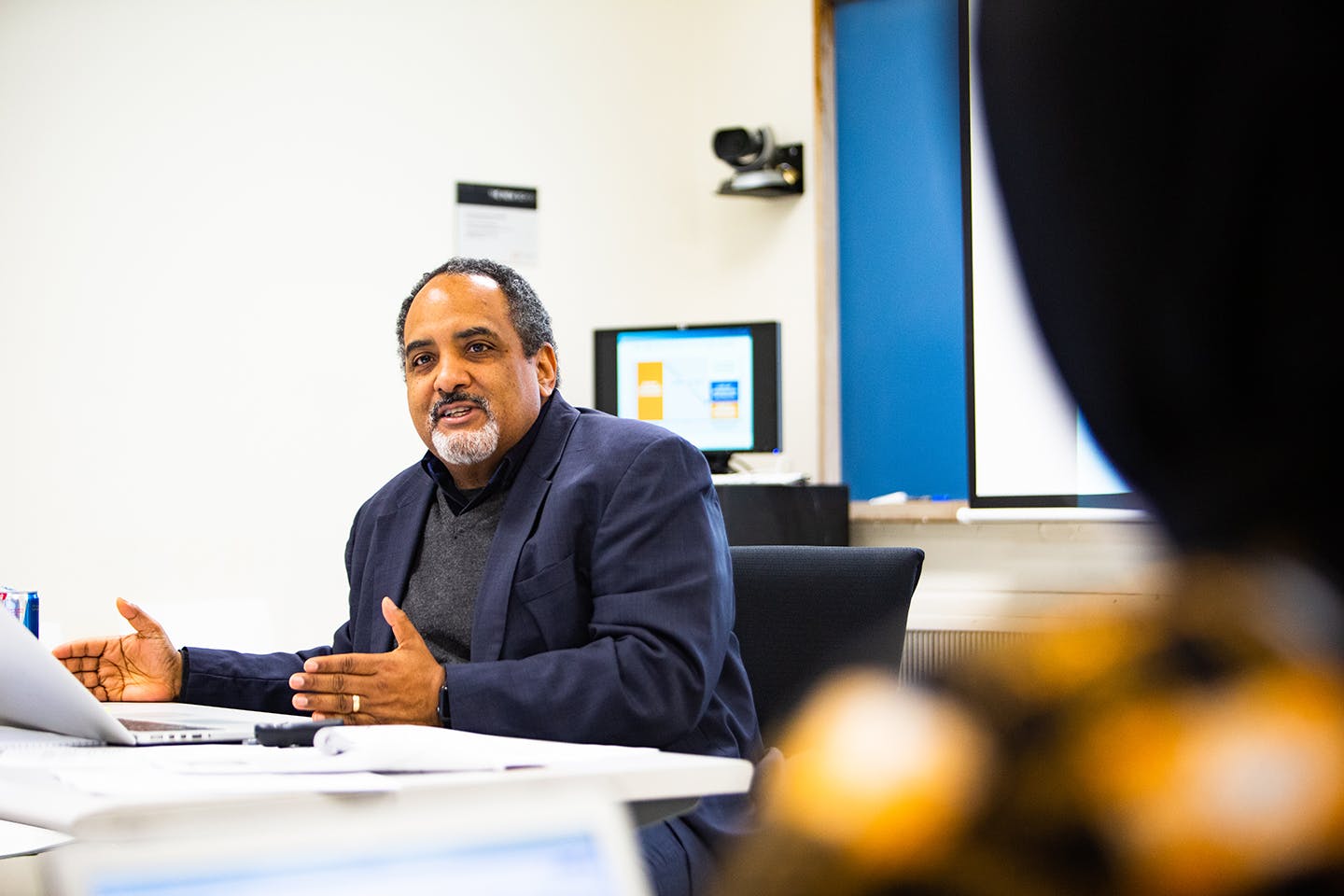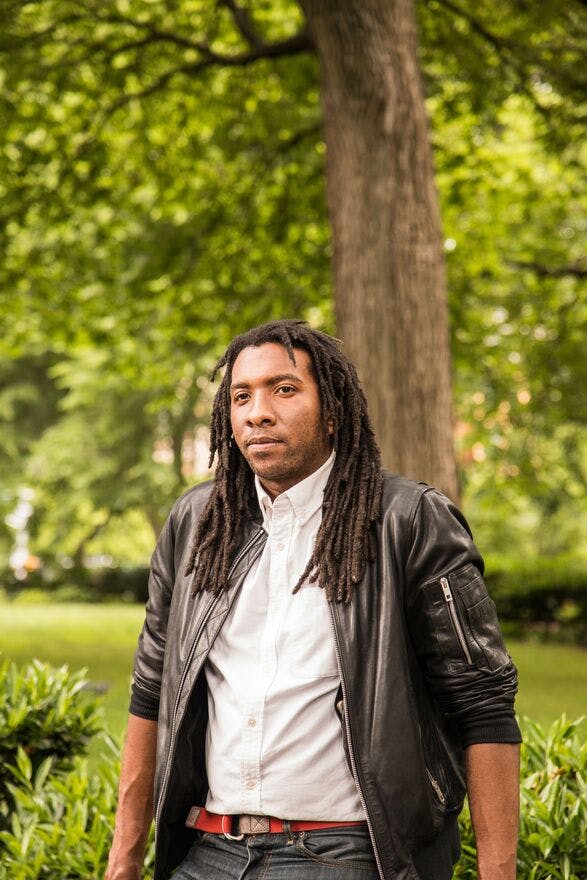
In a shifting and uncertain world, community-based organizations are hard put to secure funding for their initiatives. Urban centers like New York City see that challenge expressed in growing displacement and inequity. When seasoned financial consultant Kevin McQueen joined The New School, his goal was to harness university talent and direct it toward sustainable economic development in cities. Today, that effort has evolved into the Milano School of Policy, Management, and Environment’s Community Development Finance Lab (CDFL), a key course in Milano’s curriculum.
From strengthening worker cooperatives to exploring new models for land trusts, CDFL tackles a wide range of funding and organizational challenges. Guided by expert faculty, students develop finance and impact investing tools that bolster communities
and minimize gentrification. The lab provides real-world experience by connecting students with external partners and encouraging them to put theory into practice. "The first part of the class is learning about financial concepts, and the second part
is applying them," explains Mike Harrington, an Environmental Policy and Sustainability Management alumnus who took part in the lab in 2018 and currently serves as assistant director of The New School’s Tishman Environment
and Design Center.
 Mike Harrington
Mike HarringtonOnce a project is assigned, CDFL students enter into a research period that involves stakeholder engagement and often have to identify and structure capital sources for launching and maintaining projects. This process culminates
with a formal client briefing. “Outcomes embody a range of new models for urban life and new practices for collaboration, inspired by local citizens and supported by students of urban planning and design, in an ongoing and generative loop,” explains
McQueen, who oversees the course and provides useful connections to external partners and experts.
While clients tend to approach the lab with a clearly defined challenge in mind, students often find themselves hunting for what a project’s needs really are. They learn to ask the right questions before determining the best answers. This was true in
the spring of 2018, when a student group, including Harrington, was tasked with helping UPROSE — Brooklyn's oldest grassroots Latinx organization — develop a community-owned solar generation project in Sunset Park, an underserved Brooklyn neighborhood.
With the aim of providing solar energy to low-income residents, CDFL students explored models for alternative infrastructure ownership. Their final proposal included financing strategies and a full business plan for UPROSE. Harrington says the experience
helped him develop interdisciplinary skills that are crucial to his career today. “The goal was to understand how finance works at a basic level, and I definitely learned that through looking at how these instruments work — using spreadsheets, building
a pro forma, determining what the best course of action is.”
According to McQueen, the students were useful to UPROSE not only in their research but in helping the organization form partnerships with others working on similar issues. He says that UPROSE intends to incorporate the student recommendations and
model into several projects currently underway. “The students' work will have an enduring impact on their community partner's goal,” he concludes.
CDFL is the perfect opportunity for policy students who want to immerse themselves in projects that have an impact in the real world. It provides access to policymakers and organizatons working on the ground and teaches students to identify and solve
problems in real time. “Currently no other institution of higher education offers a practicum-based community development finance and impact investing course,” says McQueen. And as much as it serves students, the Community Development Finance Lab
also benefits New York City — bringing creative financial strategy and resources to initiatives that need them.